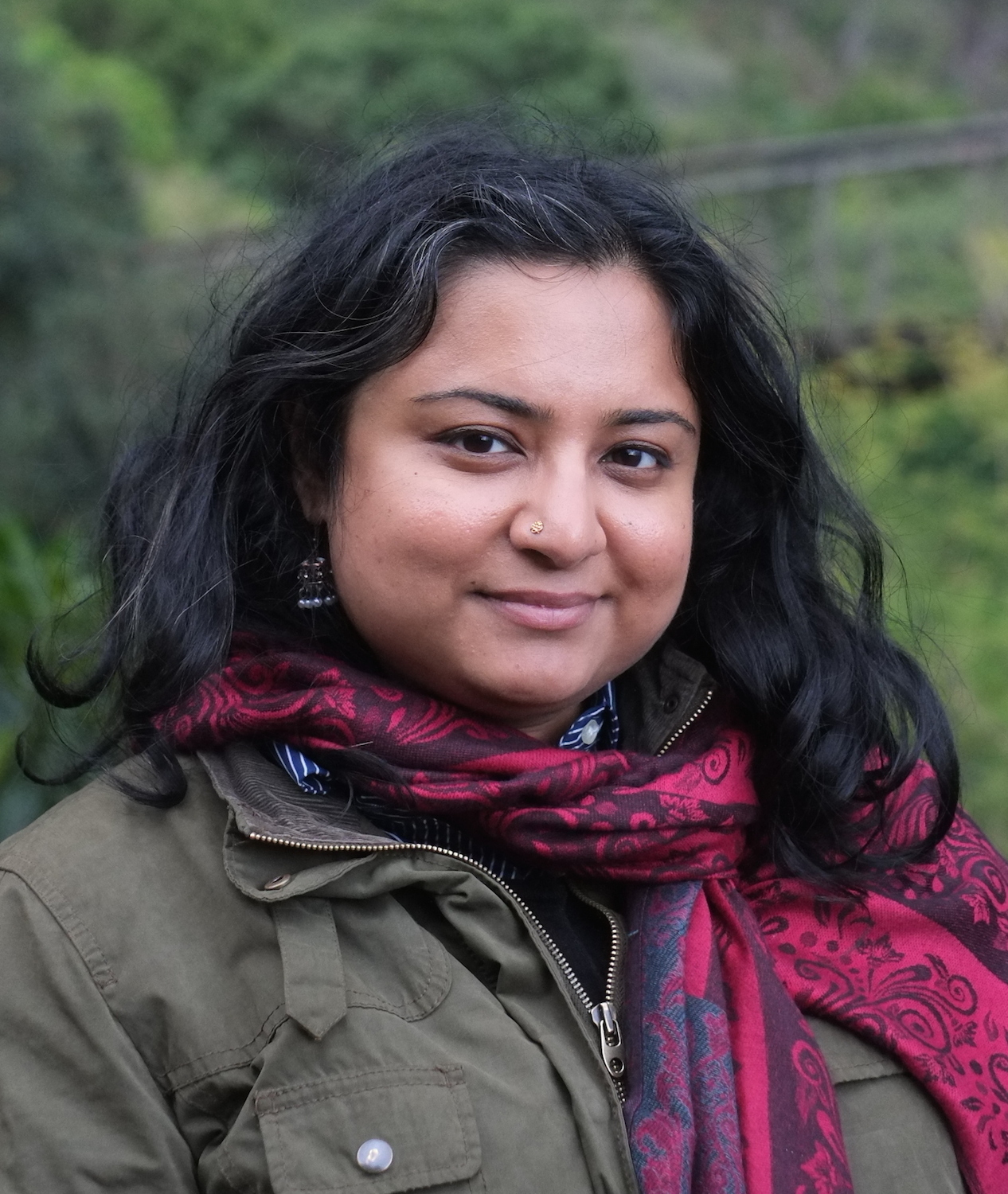Meet Teaching Artist Roohi Choudhry


Roohi Choudhry was born in Pakistan and grew up in southern Africa and the middle east. As a creative writer who worked for more than a decade in data analysis and social research, she is passionate about helping people use left-brain systems alongside right-brain intuition. Awarded a New York Foundation for the Arts fellowship in 2015, her writing has appeared in Ploughshares, Callaloo, Longreads, and the Kenyon Review, among others. She holds degrees in economics and marketing research as well as an MFA in fiction from the University of Michigan. She now teaches fiction and memoir in New York City and online.
Find out more by visiting her website and following her on Twitter. Roohi's current classes are listed on her artist page.
***
When did you start teaching? What path—career or otherwise—brought you here?
I used to work as a social science researcher for nonprofit organizations and wrote fiction in my spare time. It was by volunteering that I first stumbled into teaching writing. In 2008, through the New York Writers’ Coalition, I facilitated a weekly creative writing workshop at Serendipity, a mandated drug treatment facility for women in Bed-Stuy, Brooklyn. I learned so much in the year I led that workshop and found that I really loved teaching! After that, I taught undergraduates during my MFA in creative writing program at the University of Michigan and kept searching for more teaching opportunities after returning to New York. I was hooked on the “teaching high” that I know many teachers can relate to!
How would you describe your teaching style?
I’m passionate about working with people who do not call themselves writers. Maybe they never felt writing was for them. Or maybe they started doubting their words somewhere along the way. In her essay “Speaking in Tongues,” Gloria Anzaldua says: “Does not our class, our culture as well as the white man tell us writing is not for women such as us?” I’m so moved when a student is surprised by what they write in my workshop. My teaching style is pretty much centered around making space for those moments to happen. I’m always trying to help people get out of the way of their own creative subconscious.
When it comes to imagining and creating classes, where do your ideas come from? What in particular inspires you?
So much is in the mix. I get ideas from books I read, from lectures I attend, from staring out my window. Then, I flesh the idea out further and pull in more resources—craft books or short story examples by my favorite writers, brainstorm sessions with my partner. He’s an interaction designer and often brings a more visual perspective, so I love getting his take on classes and prompt ideas. We co-taught a class on interactive fiction for the Loft, and I loved all the intersections that helped us explore between our creative interests.
What's the ideal environment for your classroom? What atmosphere are you hoping to establish?
Nothing is more important than safety. I try my best to hold an accessible space for my participants so they can relax and enter the place in their mind where their art originates. I don’t want them worrying about whether someone will judge their writing or if they’re doing the prompt right or are running out of time. I try to stay organized and give clear directions and signposts so they can lean into their creative impulse unencumbered by all that.
Regardless of what your class is specifically focusing on, what's the main goal you have for your students?
I want students to discover a deep well of creative possibility inside them. I want them to feel excited about exploration. And I want them to learn how to to shape their ideas so the end result more closely resembles the vision they already have in their minds.
What are goals you have for yourself? These could be teaching goals, writing goals, career goals, community goals, etc.
I’ve been working on a novel for many years. It’s just about done so I’m excited to help it find a home and share it with readers. It’s been my focus for a while, so I’m also happily exploring other projects, too.
What have been some of your own favorite educational experiences?
I learned so much from my MFA professors, Eileen Pollack and Peter Ho Davies. I often repeat and share their wise words during my own classes. I learn the most from students though. I know teachers say that all the time, but it’s really true. Especially the young folks I teach—I’m so amazed by what feels like their effortless creativity. I take notes from them.
To you personally, what is the most important part of the literary arts?
Entering into conversation with the world. Writing allows me to correspond with the feather that just floated past my window. And the books on my shelves. And my students. Mary Oliver really captures this best: “Whoever you are, no matter how lonely, the world offers itself to your imagination.”